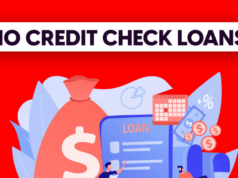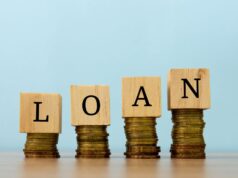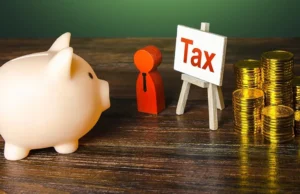
Whenever someone is in a tight financial spot, they often turn to getting a loan for some quick cash. While loans do have similar payment and application processes, they’re not as black and white as you may think. Each loan is unique in their own way, so you need to understand how they work. Doing your due diligence and putting in some research in advance of applying for any type of loan is just plain smart. Once you have signed on the dotted line, you have a responsibility to everything that you agreed to, regardless of if you read the fine print or not. Here’s what you need to know about loans you might not be familiar with.
Title
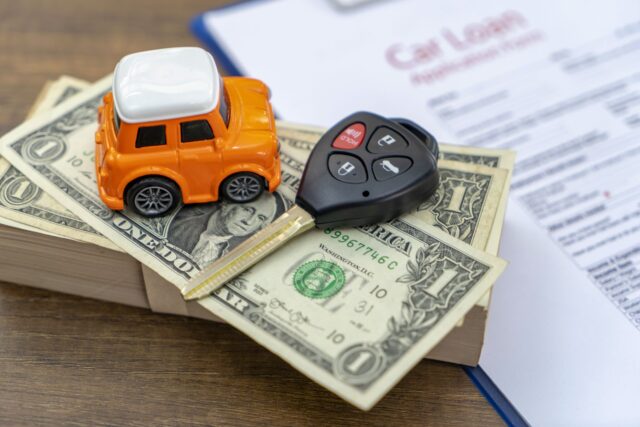
Title loans are a type of short-term loan, which means they don’t last for too long. It can last up to a month at most. How this loan works is that you put your vehicle up as collateral and you’ll be offered a loan amount based on a certain percentage of the vehicle’s value. You can be offered up to half of the overall value. So, if your car was worth $15,000, you’d receive $7,500 as your payment. However, this loan can be pretty expensive because the rates are substantially high. Also, you’re also offering the title of your vehicle to the lender. This means that if you miss a payment or two, they have the right to take your vehicle to pay off your outstanding debt.
HELOC

HELOC is the abbreviation for home equity line of credit. This loan can net you a great deal of funds quickly by using your house as collateral. In fact, you can take out as much as 85 percent of your home’s value and what you currently owe on it. However, you can’t go over this limit. Once borrowed, you have to pay back the amount just like you would a credit card. When compared with a traditional personal loan, a home equity line of credit is vastly superior just from the amount of money you can obtain alone. Not to mention, the interest rates can be lower than you expect.
But remember that your home is being used as collateral. We’ve mentioned collateral previously, but it’s important for you to truly understand what it means. When something is put up as collateral, it’s used to incentivize you to pay off your debt. Should you happen to default on your payments, the lender can take the asset as a form of payment. Taking out a HELOC isn’t difficult, but there’s a lot more to learn about this type of loan. Be sure to do your research here before starting the process by looking up an online guide about everything there is to know about home equity loans.
Credit Building
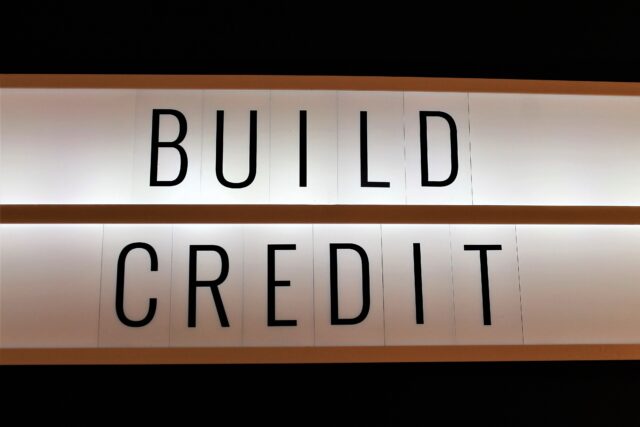
This is a loan that can be a huge factor in an overall smart money lifestyle that’s surprisingly not commonly talked about. Credit builder loans stray away from the traditional means of getting one. As the name implies, it’s simply used to help build a good credit score, so even people with low credit scores or none at all can apply for one. Depending on where you apply, may be able to get up to $3,000 dollars. However, instead of getting the funds up front, you’re charged a set payment and will receive the amount back once it’s paid off.
Secured and Unsecured
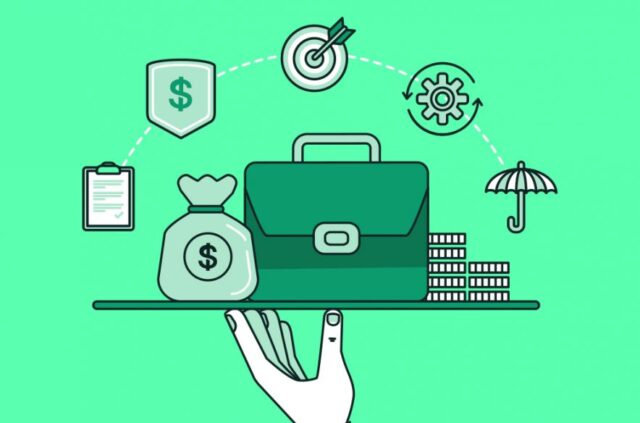
You can use a personal loan for a variety of reasons, taking a dream vacation, covering costs for your ultimate wedding, or consolidating debts. It does not matter as much what you are using them for and is does that you know the differences between secured, and unsecured personal loans.
If you are looking to get a secured personal loan, you are going to need to use something physical to have credibility with the bank, collateral like your car, for example, to show that if things go sideways with your repayment, the lender will still get their money back. This is truly something to think about, because if you default on your loan payments, it can cost you much more than money, and a hit to your credit score. Are you in a position to lose money from your savings or have your car seized if you make poor decisions regarding this loan?
Unsecured loans are ones that do not require such collateral. However, that does not necessarily make them better, or worse, just different. In some cases, the absence of the need for collateral up front means that interest rates are higher. Be sure that you shop around for a monthly payment that makes sense for your existing budget so that you do not end up overpaying by thousands of dollars in interest alone.
Pawn Shop

Yes, this is a real thing. With a pawn shop loan, you are essentially giving your belongings to the shop, in exchange for money, to hold until you can pay off the loan, plus interest, to get your possessions back. These can be tricky, so make sure you are completely clear on all the terms. Some things to pay extra attention to would be, how long the shop agrees to hold your item without selling it, the interest rates, and if they are fixed or variable based on time, and the actual value of the item you are trading for cash.
Land

There are loans that exist simply for the purpose of buying land, aptly named, land loans. People that look to buy land may do so for a variety of reasons, maybe they want to develop it, or use it to harvest its natural resources, or maybe they want to hold on to it for a beat and then ultimately sell it off for profit. Regardless of the intentions of the buyer, you should expect a land loan to have strict down payment terms, and higher interest rates than other types of loans. These transactions are riskier for a lender so things like your credit score, and repayment histories on previous loans are going to come into play.



